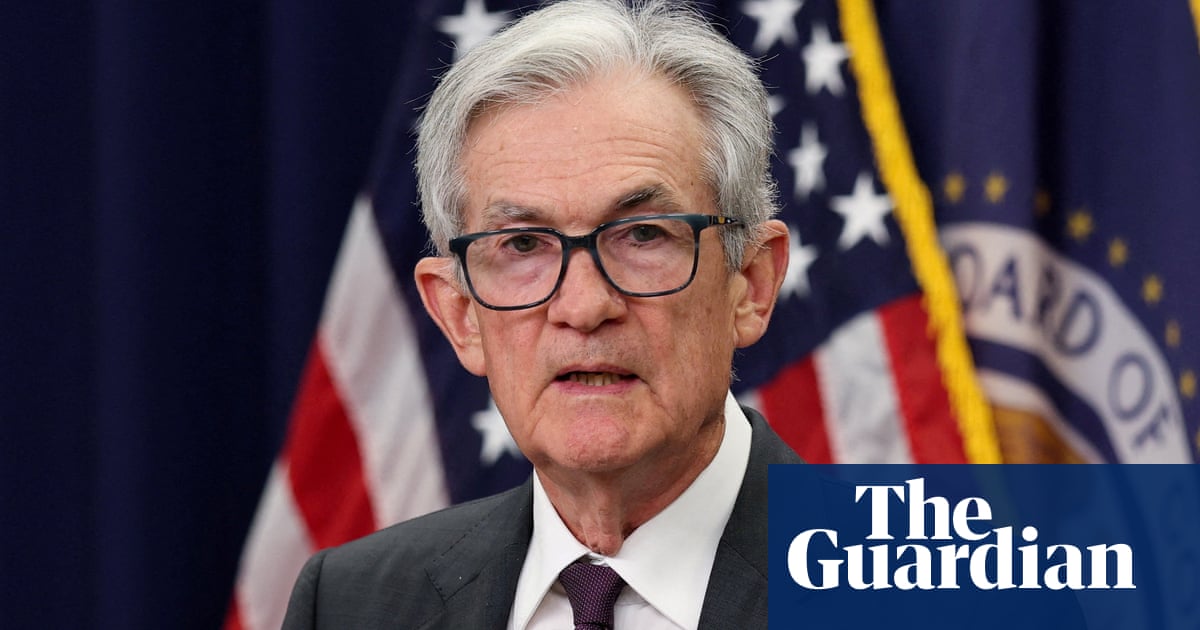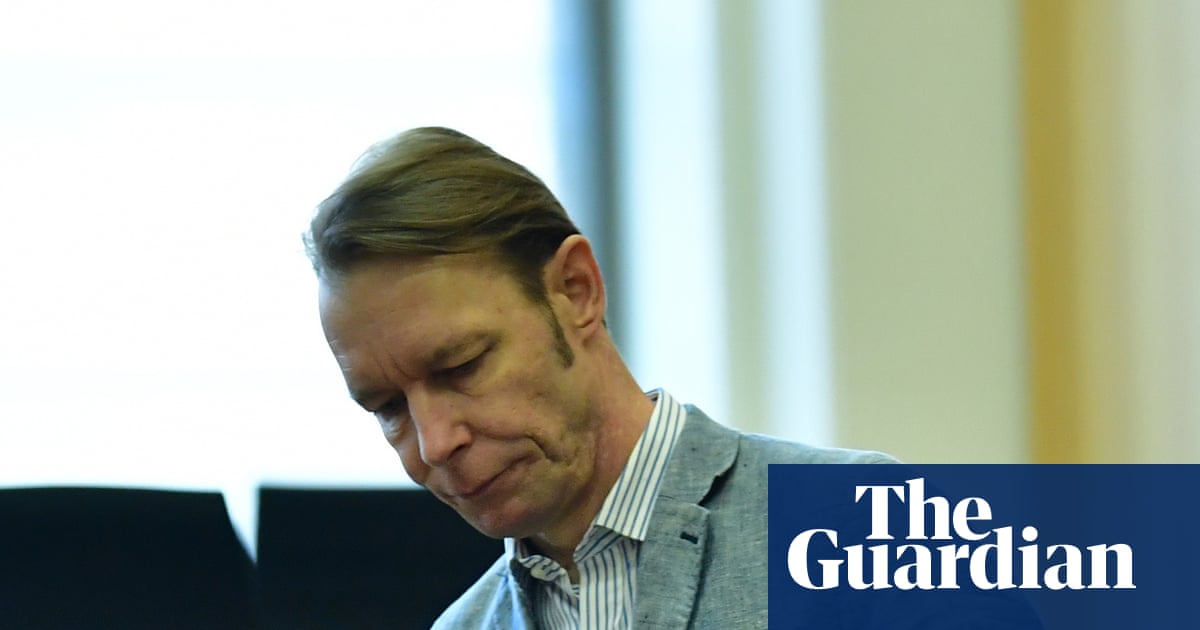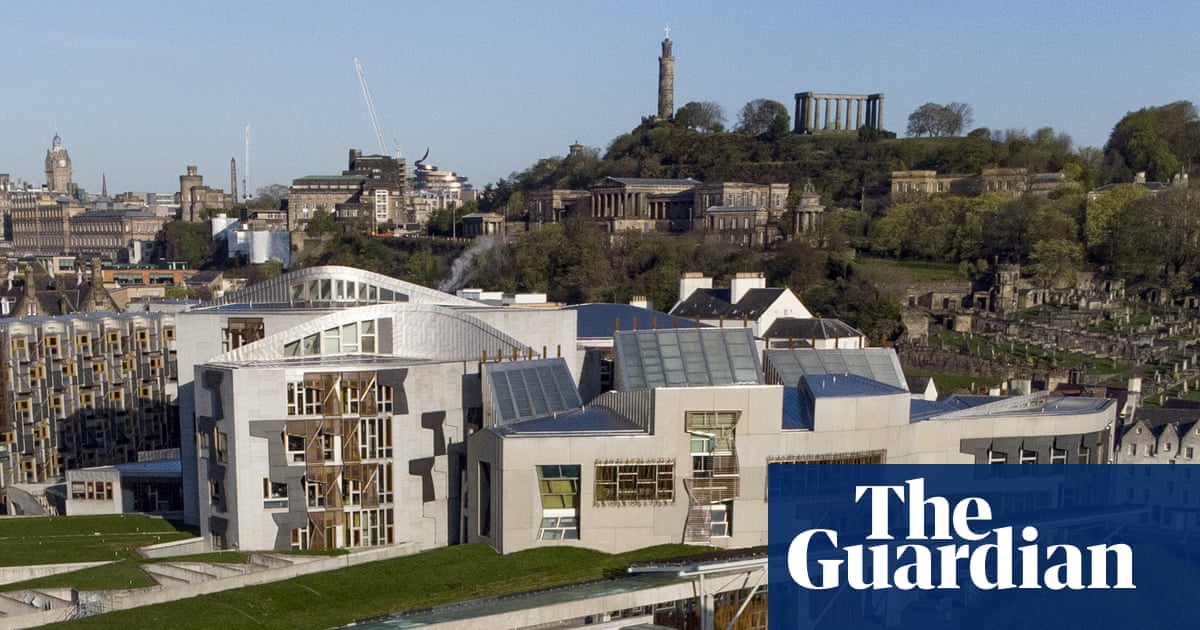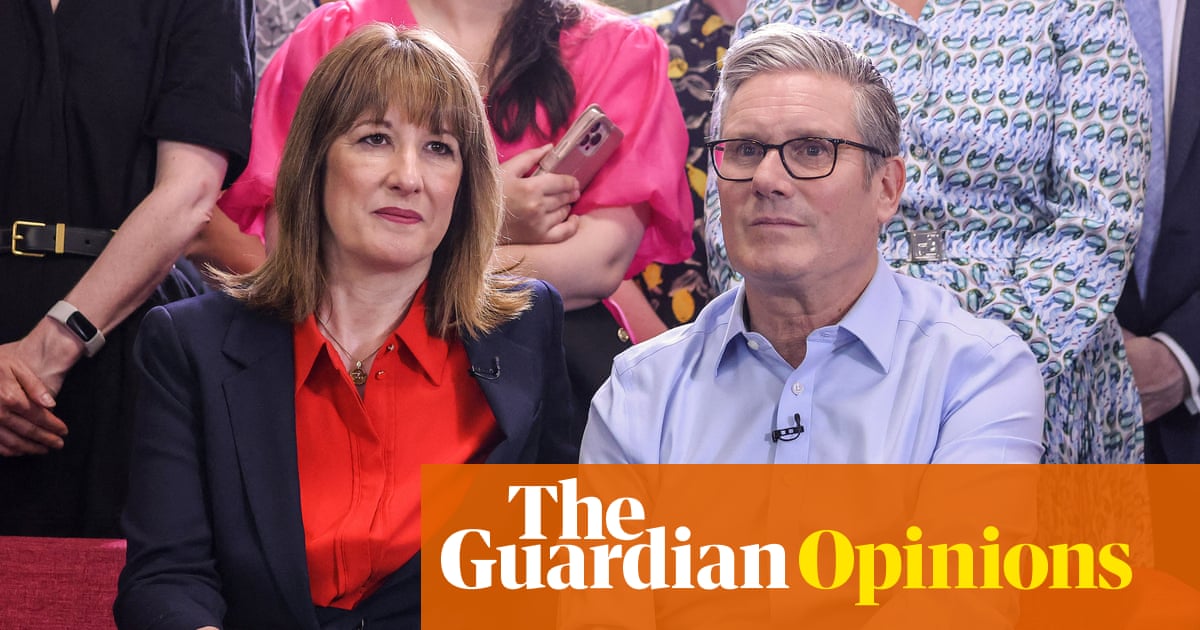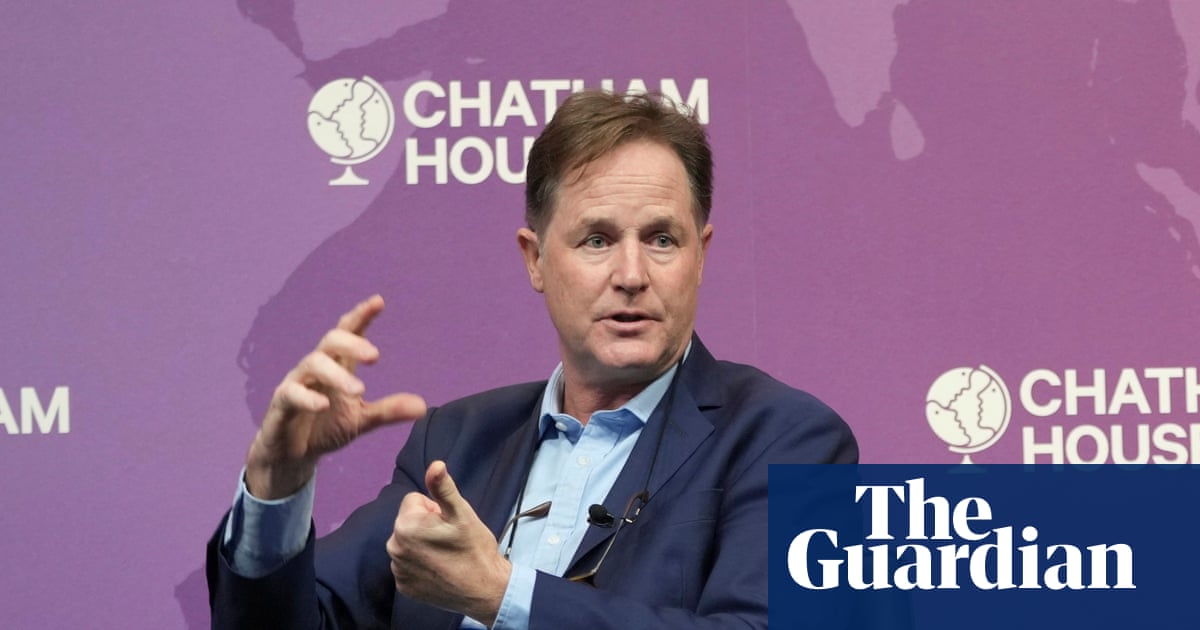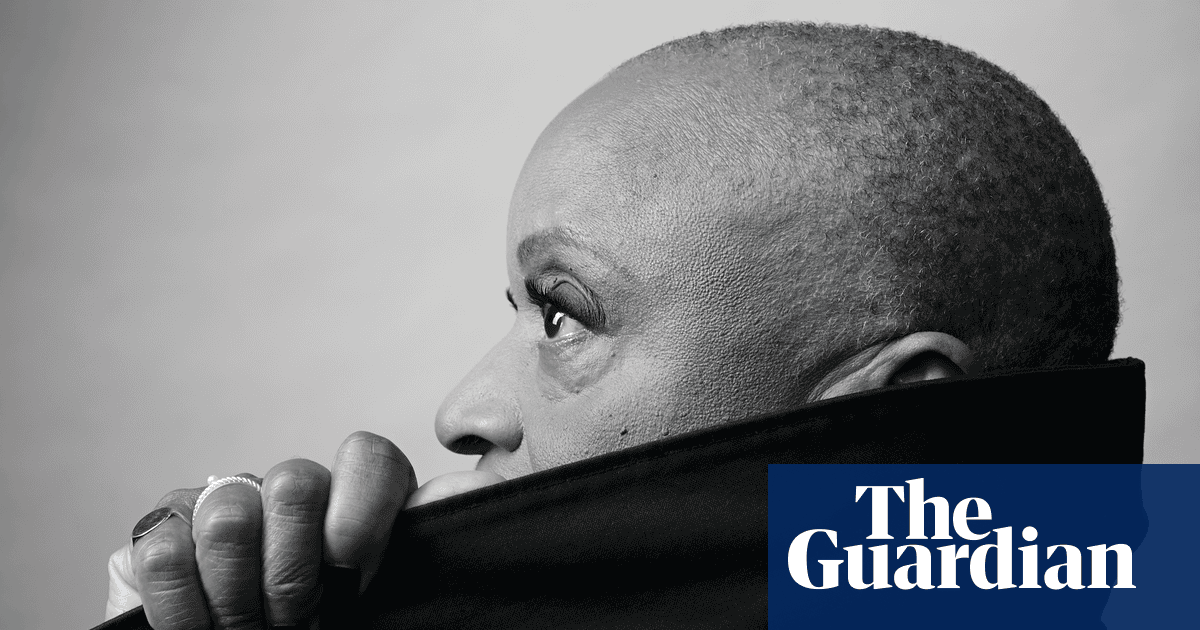As so often happens, what Nigel Farage said on a recent visit to south Wales deserved endless pejoratives. It was ludicrous, condescending, half-baked, opportunistic and plain stupid. Even he didn’t seem to know exactly what he wanted. At a Reform UK press conference in Port Talbot, he seemed to make the case for reopening the town’s steel-making blast furnaces, before admitting that “it might be easier to build a new one”, though he also acknowledged that it would “cost in the low billions” to do so. But he had even more dizzying visions of reopened Welsh mines. “If you offer people well-paying jobs … many will take them,” said Farage, “even though you have to accept that mining is dangerous.”
The climate crisis, predictably enough, was not worth considering. He also did not offer any opinions about coal-related issues such as slag heaps, land slips, rivers that run black, and unimaginable underground disasters. When he was asked where new pits might be located, he blithely offered the opinion that it “comes down to geology”. That is true, up to a point, but he would surely also have to think about the housing developments and business parks that often sit atop all those disused coal seams.
The whole thing was – of course – politics on the level of pub bullshit, but Farage and his people presumably knew that. What mattered was the resulting spectacle: Britain’s foremost populist proposing to “reindustrialise” Wales, in the face of entirely reasonable doubts, mockery and outright opposition from voices easily maligned as the usual distant elites. In that sense the visit was a win, repeating a formula that has been working for a very long time.
Besides Farage’s own enviable political skills, there are obvious reasons for that. The first is to do with the fact that the basic social and economic conditions that fed into the rise of the UK Independence party and the Brexit referendum remain unchanged. It seems, in fact, to be 2016 for ever: Britain is still a country of anaemic growth and productivity, ongoing local austerity, stagnant wages and fear of the future. Those conditions explain people’s ever-deepening disdain for mainstream politicians, and their sense that as life constantly goes round in circles, Westminster does not seem able or willing to break the pattern.
Every grim rotation, moreover, seems to be accompanied by ever-more extreme manifestations of the country’s dysfunctionality. Our passage to a new political era used to be marked by the results of elections and referendums. But of late, it feels as if more vivid proof of where we are heading is provided by civil disturbances. Last year’s summer riots were an obvious example. In the same week that saw massed violence in Salford, we have just seen horrific outbreaks of racist violence in the Northern Irish town of Ballymena, and Farage has offered opinions that follow his usual slippery script: “I just wonder whether it is not a deeper, broader problem we saw something of after Southport last year. You know what? If they’d listened to me, none of this would have happened.”
A question not asked enough in political journalism is what life in contemporary Britain feels like. The answer in part comes down to a profound sense of tension and a constant, latent fear that something awful is about to happen. Farage attracts supporters by offering himself as an answer to that feeling – but to those who recoil from him, he is the source of it. Like Donald Trump, that combination makes him a very zeitgeisty politician.
So does his presence on social media – which, even if most politicians do not yet understand it, has changed what is required to be a successful public figure even more radically than TV once did. Farage has 1.3 million TikTok followers, as many as every other Westminster politician combined. Particularly since Elon Musk turned Twitter into X, he is regularly cited and praised in the parallel news universe that millions of people now take their information from – full of scurrilous rumours and explanations for events rooted in QAnon-like conspiracies. That ecosystem blurs into the nightmarish version of reality X offers as a kind of mood music, represented by endless videos of violence and hostile altercations between members of the public. All this suits Farage – and Farage-ism – just fine.
His key asset is a diagnosis of people’s problems that gets simpler and sharper by the week: you are scared and struggling, he and his allies tell the public, because the government spends too much money on foreigners and is full of privileged and snobby people who know nothing of your pain. The Greater Manchester mayor Andy Burnham recently gave an interview to the centre-left journal Renewal, in which he mused on what effective political communication now entails. The governments led by Tony Blair and Gordon Brown, he said, operated in “a world of nuance”, but social media “just ended all of that”. What he said next sounded like a brisk answer to why Farage is winning: our modern means of communication, he said, “changed politics, and politics hasn’t changed enough to reflect that … people want instant opinions from elected representatives. They want authentic opinions”.
Six weeks ago I watched Farage do a walkabout in a neighbourhood of Scunthorpe, surrounded by crowds of people jostling to take pictures of him on their phones. Not long after he had been presented with an Airfix tank, he commented that all the attention was “the benefit of just being real, you know what I mean?” Clearly, just like Boris Johnson in his pomp, a great deal of his persona – the clothes, the pints, every calculated pronouncement – is actually affectation and pretence. But politics is now so low on charisma and the common touch that simply being comfortable in your own skin looks like a kind of spectacular normality.
In that sense, Starmer and Labour’s other high-ups might be Farage’s ideal adversaries. With the possible exception of Angela Rayner, they are mostly bloodless and hesitant. They cling on to a presentational style that is 20 years out of date, built around pre-ordained news themes on the proverbial “grid”, set-piece interviews, and complicated and chronically abstract rhetoric: “missions”, “renewal”, the constant chase for growth. Of late, the prime minister has tried his own occasional approximations of Farage’s approach, putting up such blunt and boastful online posts as: “I’ve already returned over 24,000 people with no right to be here. And I won’t stop there.” But that style rings hollow, because he doesn’t have Farage’s swaggering confidence nor any understanding of how to bring such directness to the way he talks about Labour’s fundamentals: the economy, jobs, public services.
There is also something to be said about how the government intends to change the country. After a wasted year, last week’s spending review contained a surprising amount of good news, not least on housing. But it was all about the kind of investment that will not start to become visible until 2028 or 2029. Everyday life, it seems, will continue moving in ever-decreasing circles for another three or four years. That is a long time for Farage to carry on making mischief, as he illustrates an aspect of modern Britain too little understood – that, to an extent that vividly illustrates other people’s colossal failures, he looks like the only front-rank figure who understands how 21st-century politics actually works.
-
John Harris is a Guardian columnist

 3 months ago
97
3 months ago
97










